
Everything in life, be it good or bad, big or small, mundane or life-defining, offers us an opportunity to grow, turn over a new leaf and become better versions of ourselves. May we come out of this string of events and experiences better, wiser, kinder and more grateful.
By ALEX Y. VERGARA
How we generally respond to life’s routines as well as the occasional curveballs it throws our way reveals, to a certain degree, our respective cultures, social norms and upbringings.
Some say this can be distilled in something as seemingly benign and inconsequential as people’s traditional art forms. For instance, while East Asians, particularly the Japanese, depict themselves as tiny dots or specks in the general scheme of things, Westerners’ point of view is nearly always centered on man—meaning themselves!
Haven’t you noticed? From one European capital to another, you see an endless array of paintings and statues depicting mankind as powerful, larger-than-life figures astride horses and riding on chariots, seemingly taking command of the situation and their destinies. Obviously, its main purpose, apart from celebrating the human body and man’s supposed individuality and triumph against all odds, is to shock and awe the observer. “I’m the boss!”
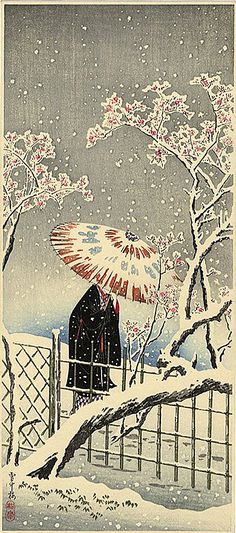
Very zen
Contrast this larger-than-life approach to art to that of most Buddhist-animist cultures, particularly Korean, Chinese, to a certain extent, and, again, Japanese, where nature more often than not takes precedence over man in the way their ancient peoples depict art. Very calm, very zen and very unassuming, with man, just one of the many elements vying for space in the big picture, simply relegated, if placed at all, to the background.
This observation is far from fresh and original. Nor does it seek to generalize, categorize and stereotype certain people and decree with absolute certainty that one point of view is better than the other.
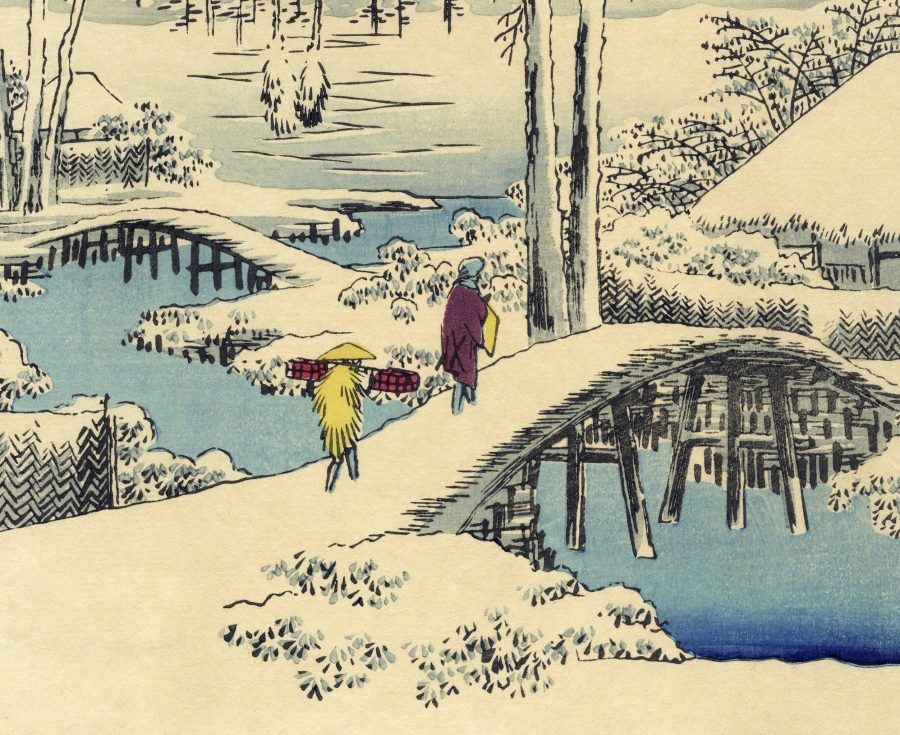
People, we all can’t say enough, are complex and often unpredictable beings that defy labels. In a globalized world, just when you thought you’ve gotten everything figured out, including how certain groups are likely to react to a particular stimulus, you often find yourself surprised and eating your own words in the end.
Yet, it can’t also be denied that there are certain cultural differences that set one group of people apart from the other. These differences unconsciously govern respective peoples’ collective actions and ways of looking at things (especially during a crisis), which make them, well, them.
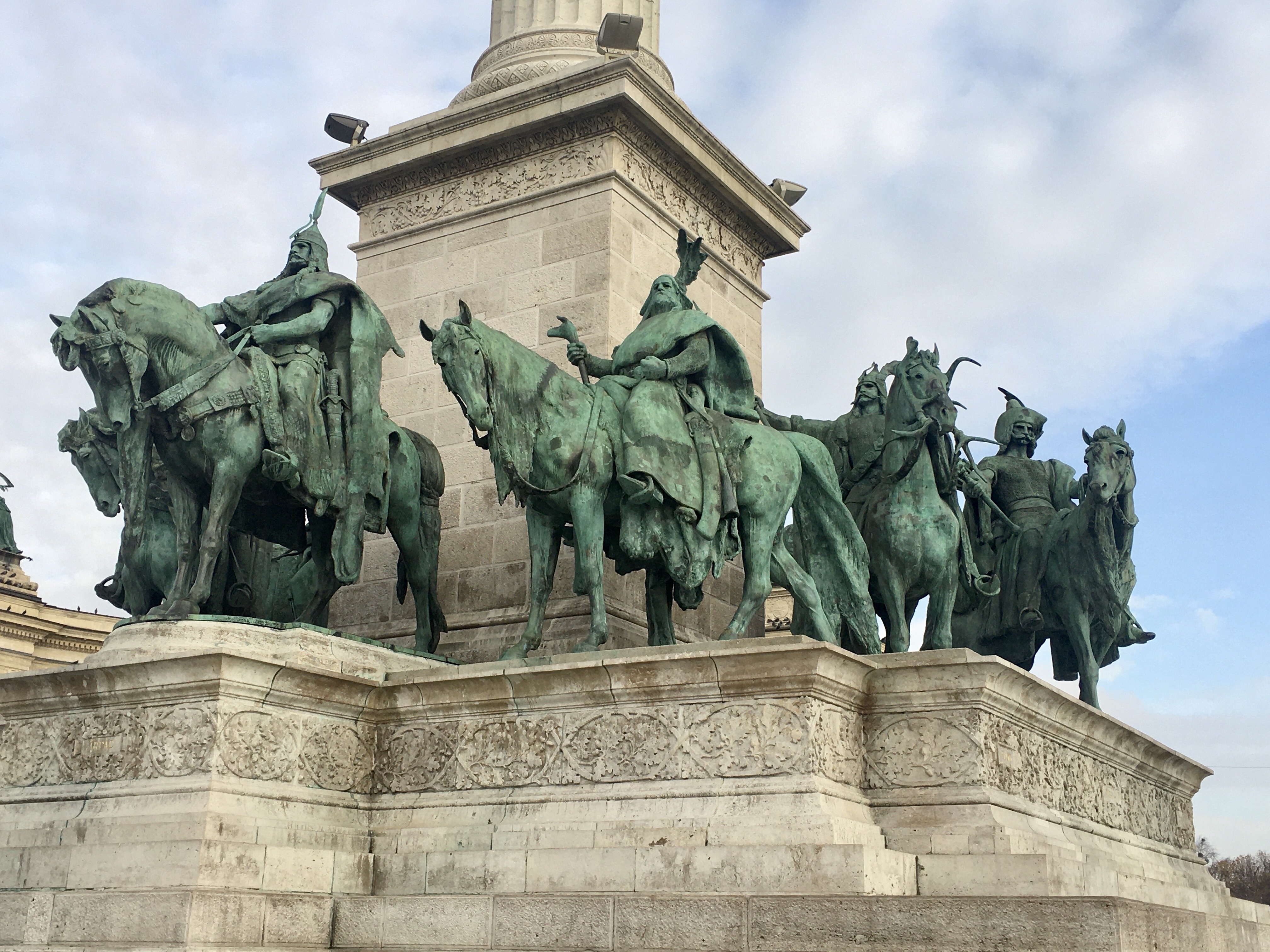
Such differences in thinking can also probably explain why as late as mid-March, for example, as the novel coronavirus was gaining foothold in America, people in authority there, from the nation’s president, state governors and city mayors down to various health-care officials, were still divided on whether or not to require everybody to wear face masks outside their homes. Even up to now, as the US has surged past every country in the world in the number of COVID-19 cases, wearing one still remains optional in certain towns and cities across the huge country.
Part of it, of course, stems from the belief that face masks are not at all that effective in slowing down the disease’s spread. That you only put on one, says the US Centers for Disease Control, when you’re sick and physically vulnerable to protect yourself from others (a rather not so brilliant idea, I’d say, that puts a marker on an ailing person and makes him the subject of discrimination and paranoia from seemingly healthy people).
Put another way, no power on earth, certainly not a piece of cloth or what have you meant to temporarily cover your nose and mouth, can fully ward off invisible flying droplets harboring the deadly coronavirus. I agree.
Celebrate individuality
But I also think that a bigger part of Americans’ reluctance to wear face masks (and I don’t blame them because I’m also not really that fond or comfortable wearing one myself) stems more from the fact that covering part of their faces goes against the grain of their innate need to celebrate their respective individualities.
In a supposedly egalitarian nation composed of immigrants (or children and grandchildren of immigrants) and built around that endearing can-do spirit, where reinvention and the pursuit of the American dream are hailed and applauded, physically obscuring one’s face, no matter how necessary, seems rude and unfriendly, even anathema to what America and Americans stand for. Making them do so is almost like an upfront on their civil liberties.
In contrast, most East Asians don’t seem to have the slightest problem of blending in, even making themselves virtually invisible, albeit temporarily, behind those now-ubiquitous face masks. Even before this pandemic enveloped the entire world like one humungous dark cloud, it was already a common sight to see countless Japanese wearing face masks as they catch a train or, with the rest of humanity, crisscross busy Shibuya crossing.

Then there’s the now immortal quote that would most likely go down history as illustrative of how a good number of people in the West, in this case, American teenagers and young adults on spring break, in wanton disregard of the national call to social distance to help flatten the curve, had the temerity to give the coronavirus a virtual dirty finger by thinking aloud this way: “If I get corona, I get corona!”
Brady Sluder, the young man who made that unfortunate statement in a crowded beach in Miami barely three weeks ago, later apologized on Instagram for the “insensitive comment.”
“Like many others, I have elderly people who I adore more than anything in the world and other family members who are at risk,” he went on. “…Our generation may feel invincible, like I did when I commented, but we have a responsibility to listen and follow recommendations in our communities.”

At least, Brady and certain members of the hardheaded bunch had a change of heart and owned up to their mistakes. Actually, they weren’t alone. Less than a month ago, at almost the same time, such blasé attitude was also evident in other parts of the Western world, particularly in such scenic draws as Kitsilano Beach and Quarry Rock in Vancouver and the iconic Bondi Beach just outside Sydney, just to name a few.
Deaf ears
When government appeals to stay at home continued to fall on deaf ears, authorities in both countries had to close and fence off such popular attractions from the public for their respective citizens’ own good. Unfortunately, it was a bit too late in the case of Bondi Beach, a magnet for sun-worshipping Australians as well as visitors from all over the world, as the tourist hotspot has reportedly become a coronavirus hotpot almost overnight.
I’m pretty sure that such individualistic pursuits, again, not that they’re bad in themselves, and blatant disregard for the common good aren’t exclusive to people living in the West. Because of my failure perhaps to catch what was really happening on the ground in other parts of the world, including the Philippines, such reckless and stupid behavior, especially from young people, was most likely evident elsewhere.
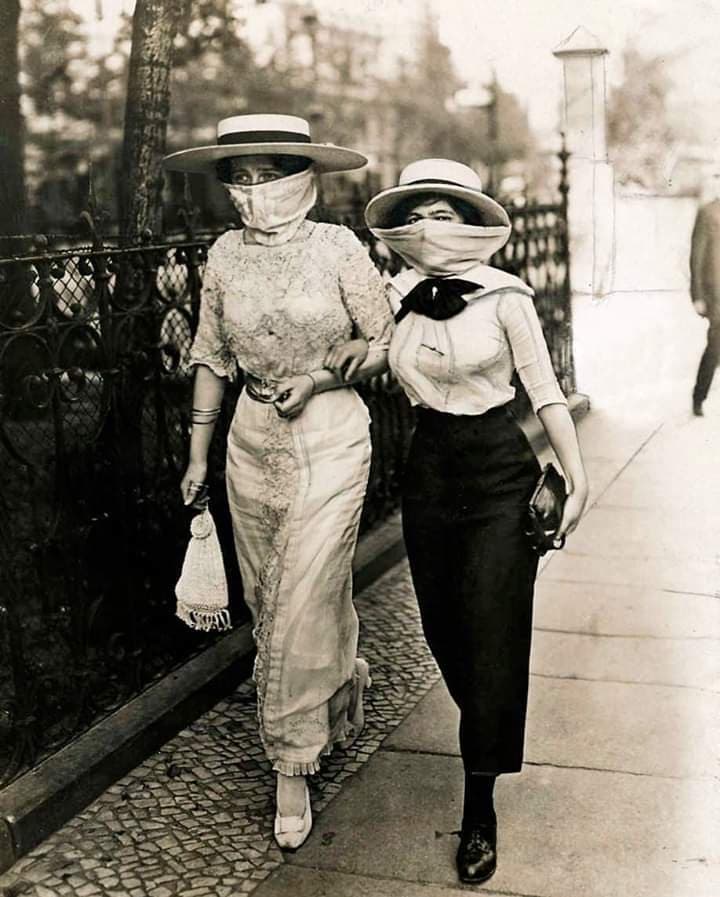
But it took that quote from Brady to drive home the point: in the heat of the moment, no virus, no matter how deadly, is going to stop us from partying. In short, we simply don’t care! Should they survive this crisis, these young people have the advantage of youth on their side. Not because of the supposed invincibility it bestows, but more the gift of additional time it allows each individual.
Time for young people, regardless of origins and orientations, to live longer, make more mistakes along the way, realize these mistakes, hopefully learn from them, as they later go about mending their ways, and come out of the entire string of horrific events and experiences better, wiser, kinder and hopefully more grateful individuals.
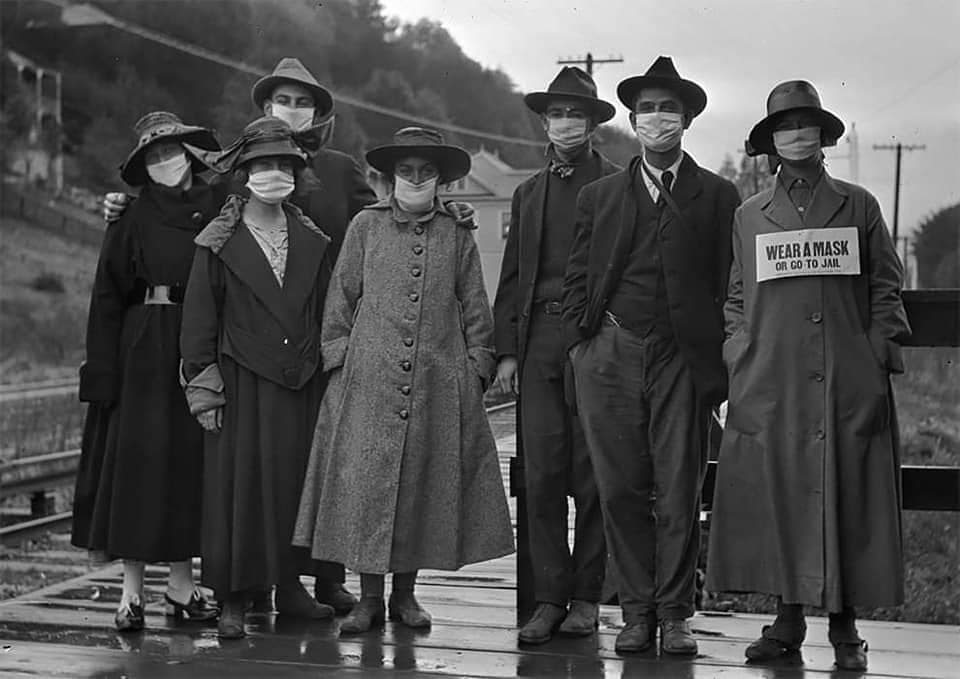
If it has taken a pandemic this huge and this nasty to provide everyone—young or old, rich or poor, Westerner or Easterner—with a reset button, then so be it! Everything in life, be it good or bad, big or small, mundane or life-defining, offers us an opportunity to grow, turn over a new leaf and become better versions of ourselves.
Whether we end up sinking or rising above certain situations, the series of choices that ultimately led us to where we are now have always been ours alone to make. Now’s as good a time as any to start making more mindful and selfless choices.
Happy Easter!
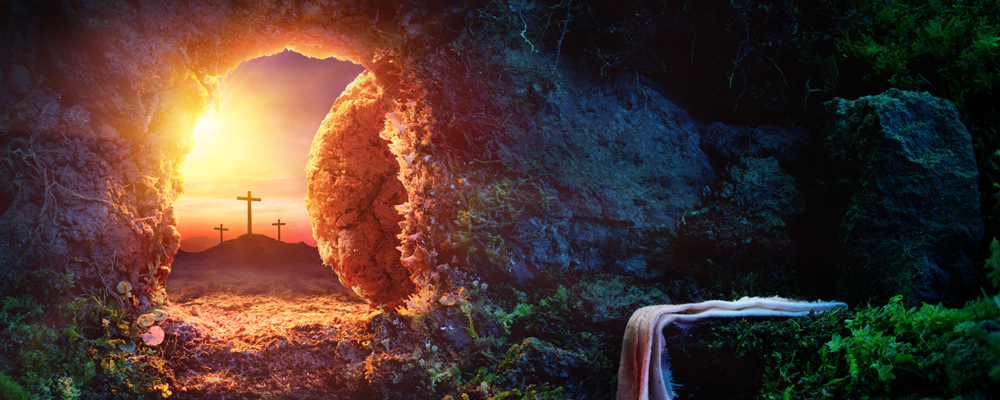
Did you like what you’ve read? Please leave your comments at the comments section below.





